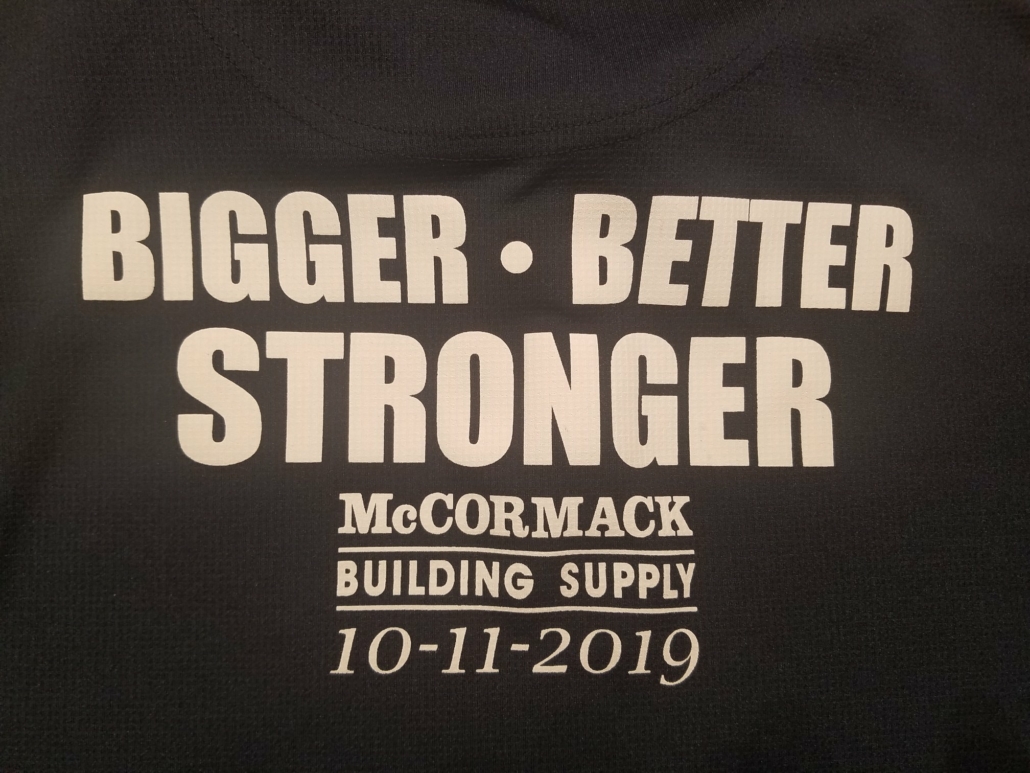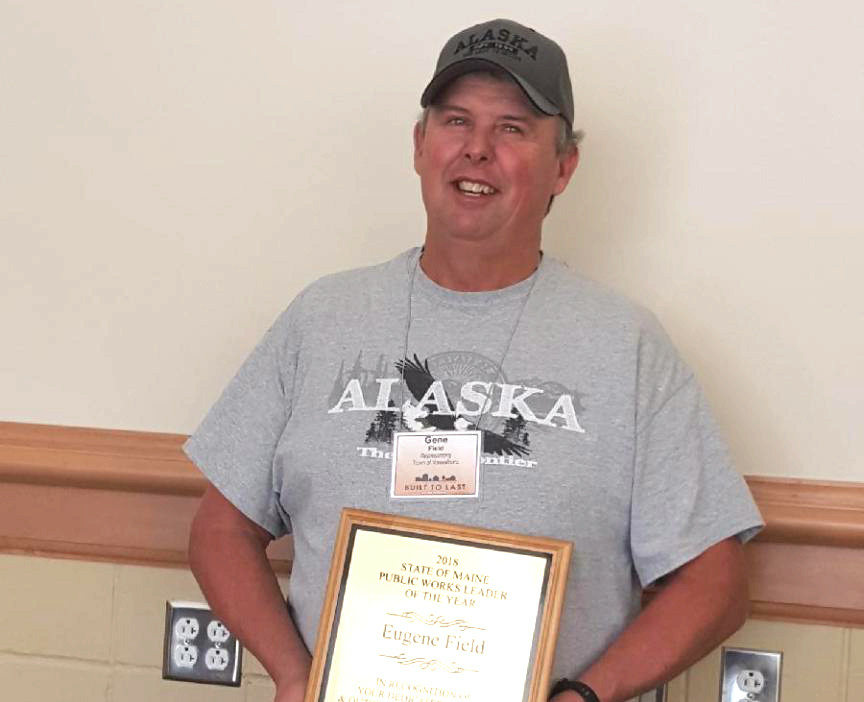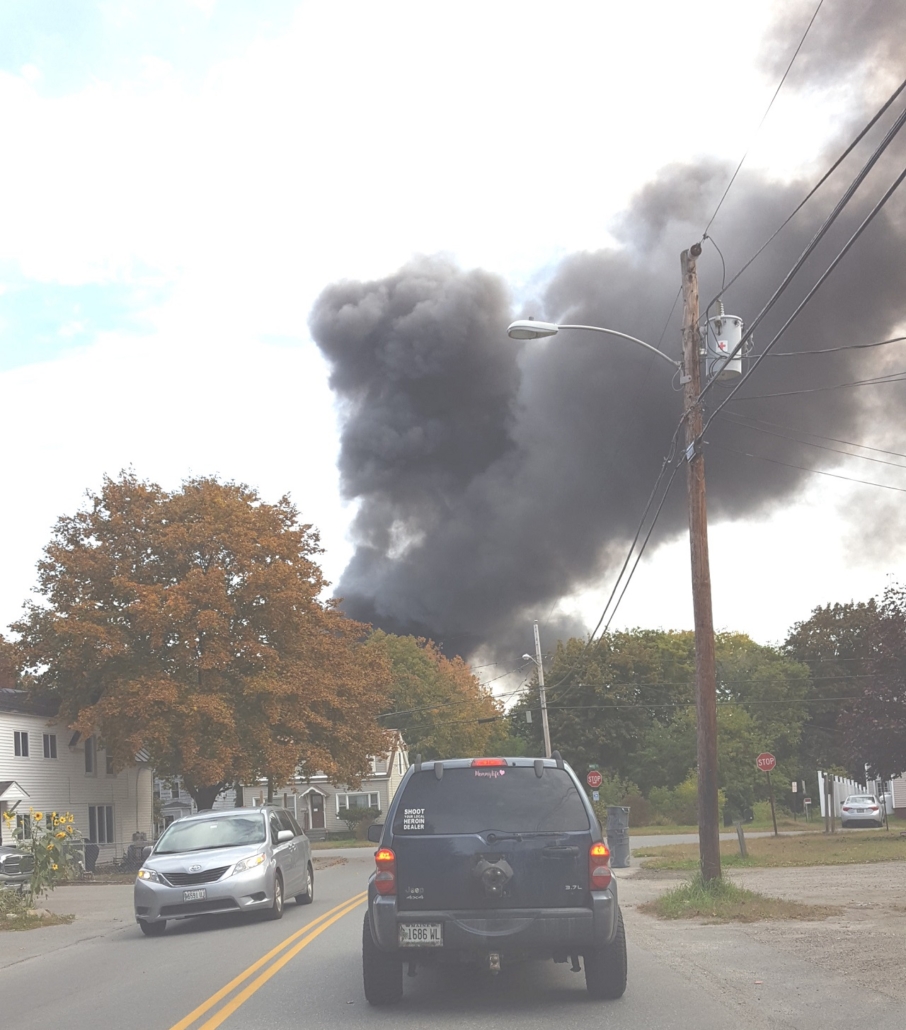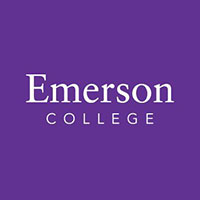 (NAPSI)—According to the American Cancer Society, about one in nine American men will be diagnosed with prostate cancer. A leading cause of cancer in men, more than 173,000 new diagnoses are expected in the U.S. this year. Fortunately, this disease can be treated successfully, especially if caught early.
(NAPSI)—According to the American Cancer Society, about one in nine American men will be diagnosed with prostate cancer. A leading cause of cancer in men, more than 173,000 new diagnoses are expected in the U.S. this year. Fortunately, this disease can be treated successfully, especially if caught early.
What To Do
If you’re 50 or older or have a family history of prostate cancer, you should speak to your doctor about whether screening for the disease is right for you.
Understanding Prostate Cancer
“In the early stages, the most common symptoms of prostate cancer are no symptoms at all,” says Deepak A. Kapoor, M.D., founder of the non-profit, Integrated Medical Foundation, and President of Advanced Urology Centers of New York.
There are four stages of prostate cancer. Stage one is diagnosed very early and confined to the prostate. At this stage, the patient is unlikely to be experiencing any symptoms. He may not need treatment beyond regular follow-up blood tests, exams and possibly biopsies. The disease is very treatable. When diagnosed early, the five-year relative survival rate is almost 100 percent.
Why Do Some Men Resist Routine Screenings?
Many men are embarrassed by the digital rectal exam, concerned about treatment or fear they can’t afford it.
Some Answers
Testing: Since the 1980s, prostate cancer was being diagnosed with a simple blood test, the PSA. It checks the level of prostate-specific antigen in your blood.
In the past, there was controversy about whether having a prostate cancer screening done was beneficial or if it produced more harmful effects due to complications from over-testing. PSA testing was the best thing available for a long time.
New tools now exist that provide much more information, giving predictability about the aggressiveness of the cancer and data to help urologists safely manage their patients’ disease. With this information, urologists have higher numbers of appropriate candidates on active surveillance regimens. Using tests such as the Gleason grade score, overall patient health and risk factors—age, race, ethnicity, family history and exposure to Agent Orange—urologists can determine with confidence how aggressive the cancer is and which patients will do well on active surveillance. They will also know which therapy options will be the optimal for the patient.
Making it easier for doctors and their patients to do this testing is the full-range of diagnostic equipment and supplies available through the trusted advisors at Henry Schein Medical, a provider of medical and surgical supplies to health care professionals.
Treatments: There are many ways to treat prostate cancer, including hormone therapy, surgery, chemotherapy, radiation and cryoablation. The newest innovation being successfully utilized is immunotherapy, which uses your own immune system to identify, target and destroy the cancer cells without harming the body’s own “good cells.” Your doctor can help you decide what’s best for you.
It is important to remember that you have the most options available when prostate cancer is diagnosed early and is in the most treatable stage. It is important for men to be vigilant with their routine screenings.
Paying: Many insurance policies will pay for diagnostic tests and in some places, such as New York State, there’s no co-pay or co-insurance cost sharing responsibility for diagnostic prostate cancer screenings (with such policies). This puts PSAs on the same level as mammograms, thanks to efforts of advocates and doctors such as those at Advanced Urology Centers of New York, one of the largest urology group practices in the country.
Learn More
For more facts, visit the American Cancer Society at www.cancer.org and Integrated Medical Foundation (IMF) https://imfcares.org/. IMF provides screenings, education and support services FREE.









 (NAPSI)—According to the American Cancer Society, about one in nine American men will be diagnosed with prostate cancer. A leading cause of cancer in men, more than 173,000 new diagnoses are expected in the U.S. this year. Fortunately, this disease can be treated successfully, especially if caught early.
(NAPSI)—According to the American Cancer Society, about one in nine American men will be diagnosed with prostate cancer. A leading cause of cancer in men, more than 173,000 new diagnoses are expected in the U.S. this year. Fortunately, this disease can be treated successfully, especially if caught early. Paige McGlauflin from Sidney recently graduated from Emerson College, in Boston, Massachusetts, receiving a BS degree in journalism.
Paige McGlauflin from Sidney recently graduated from Emerson College, in Boston, Massachusetts, receiving a BS degree in journalism.